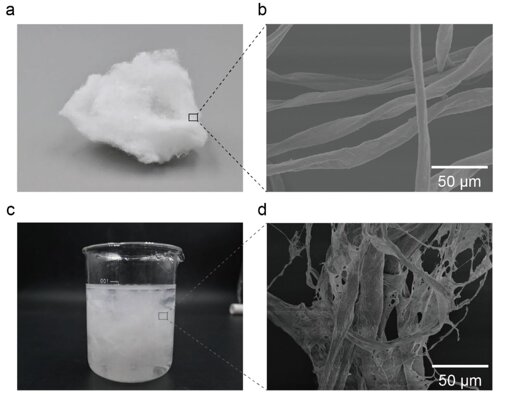Hold on, this is good news. They’ve come up with a cotton-based foam material that’s really good at removing microplastics from complex aquatic environments.
Microplastics are definitely appropriate for /c/collapse, but remediation/mitigation strategies aren’t really, imo…
I always check the comments, but I had incorrectly assumed that “foam” referred to something made from plastics.
Gave myself a good chuckle, both at how silly that would have been, and at how silly of an assumption that was.
My only concern is that they seemingly use the bones of cuttlefish in the foam. (Fig 1a.)
Cuttlefish and squid are consumed by the metric ton as food - is this a less worthwhile usage of the natural materials present in them than providing calories to humans? I’d say it’s just as important, in the grand scope of things.
A valid point.
It did not occur to me that those could be harnessed as byproducts of other processes. That eliminates any concerns I could have had.
“They have to rake the oceans!”



